Top 8 Foods To Prevent Malnutrition
Boost wellness naturally with these essential edibles supporting balanced nourishment daily.
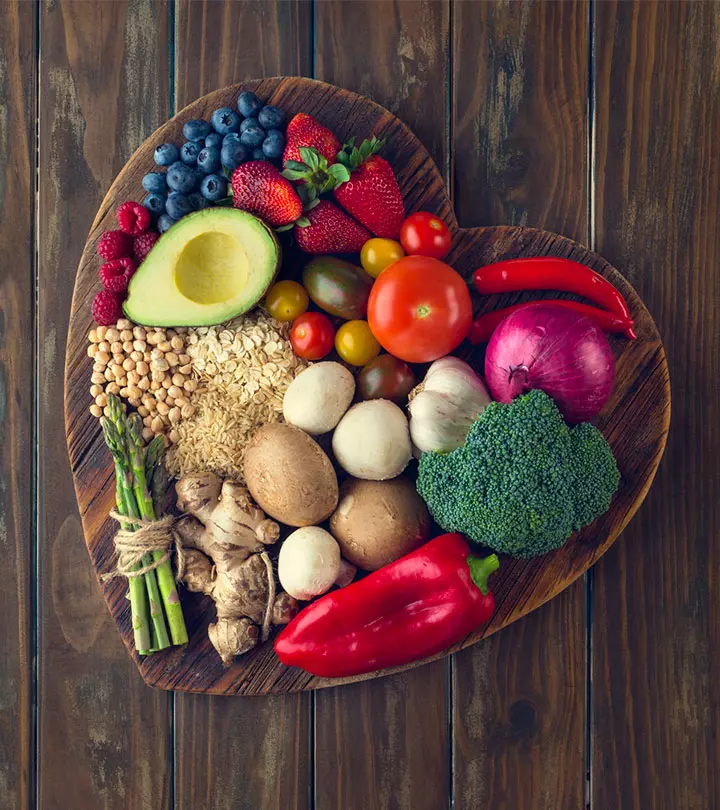
Image: Istock
Malnutrition can occur when an individual does not get required nutrients. Children, infants and old people are also always at an increased risk of malnutrition. Children suffer from malnutrition as they need more energy and nutrients during their growth and development period, whereas adults may suffer due to loss of appetite and decreased intestinal functioning. Malnutrition can have short and long-term effects on one’s health. Hence, it is important to know about certain types of food that help in prevention of malnutrition.
What problems does malnutrition cause?
- Unintentional weight loss
- Tiredness and fatigue
- Muscle weakness
- Depression
- Poor memory
- Weak immune system
- Anemia
- Stunted growth
- Skin infections
- Hair loss
- Prolonged diarrhea
- Renal failure
Prevention of Malnutrition
Here Are The Top 8 Foods To Prevent Malnutrition:
1. Carbohydrates
Carbohydrates help your body to get the energy. They also help in protein storage in the body. The brain requires carbohydrates to get energy, but insufficient carbohydrate intake for a month can stop the metabolism of fatty acids. This results in protein loss from the body and weakens it, causing malnutrition.
It is advised to take 50 to 100 grams of carbohydrates for preventing the development of the ketones. The food products that include carbohydrates are wheat, oats, sugars, white rice, pasta and honey.
2. Fruits and Vegetables
It is advisable to obtain the vitamin intake from fresh fruits and vegetables. Include them in your daily diet.
3. Proteins
Protein is a vital nutrient present in each cell of the human body. Proteins also provide the body with special nitrogen which cannot be obtained from carbohydrates or lipids. Proteins are useful in regulating the ph, or acid-base balance in your blood. These are required for the synthesis of hormones and enzymes. These are also essential for cell formation and immune system. During starvation, large amounts of muscle tissues get wasted and this leads to poor health. Protein in an adequate amount is required to metabolize and process energy in the liver and the kidneys.
It is recommended to consume 10–35% of your daily calories as protein. Foods that include protein are legumes, eggs, nuts, oatmeal, grains, wheat, quinoa, peanut butter, canned meat, fish and popcorn.
4. Fats
Fats play an essential role in maintaining healthy skin and hair when consumed in our daily diet. They also help in insulating our body organs against shock, maintain the body temperature and give healthy cell functioning. Fats are useful to store energy in the body. In addition, fats are also a good source of essential fatty acids that are useful to prevent many diseases, including malnutrition.
It is recommended that 30-35% of the daily calorie must come from fat. The food products that include fats are peanut butter, oil, whole milk, ensure, nuts and seeds.
5. Vitamins and Minerals
Vitamins play a vital role in performing crucial functions in the body. Vitamins and minerals promote good health and give protection against infection and many diseases. They also help in growth of the body, metabolism and elimination of waste products. It is advised to take these from the dietary sources, but if found insufficient they can also be taken from supplements as an alternative. They very well help in malnutrition prevention.
6. Balanced Diet
Consuming a balanced diet with multi-vitamins is one way to prevent malnutrition. This can also help you in getting rid of dental problems, inflammation, edema, weakness, tongue soreness, anemia, fatigue, diarrhea, dermatitis, tingling in the hands, poor growth, poor nerve function and bleeding gums.
7. Hydration
Boost your water intake with 9 glasses per day. Water is the best fluid, but other liquids count as well.
You can take other fluids in the form of:
- Soup
- Coffee with milk
- Tea
- Iced tea
- Popsicles
- Juice
- Smoothies
- Coconut water
- Milk
8. Sea Food and Meat
Include foods such as turkey, salmon, mussels, chicken, beef, eggs, crab, clams, milk which are rich sources of B-12.
Sardines or mackerel, egg yolk, canned salmon, soy milk, cow’s milk contains a good amount of vitamin d. Canned tuna, oysters, trout, crab, herring or sardines, salmon is a rich source of fatty acids.
Now that you know the kind of foods which help in prevention of malnutrition, you need to be careful in providing them to your infants, children and elders.
Read full bio of Tanya Choudhary




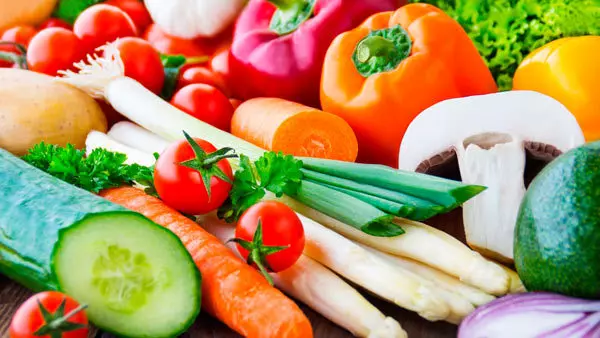
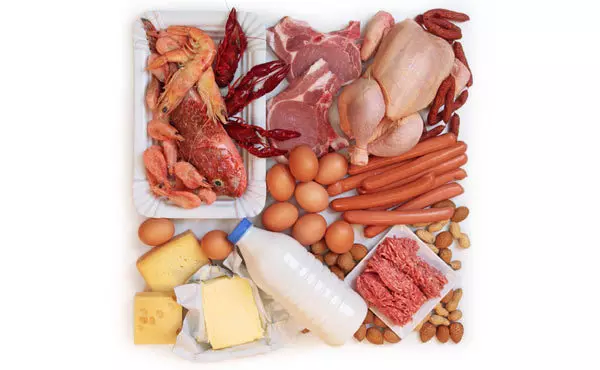
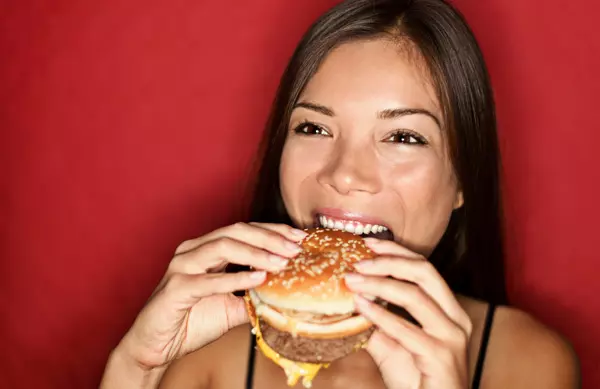
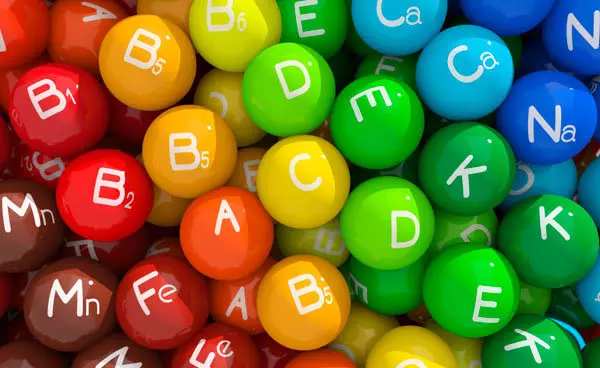
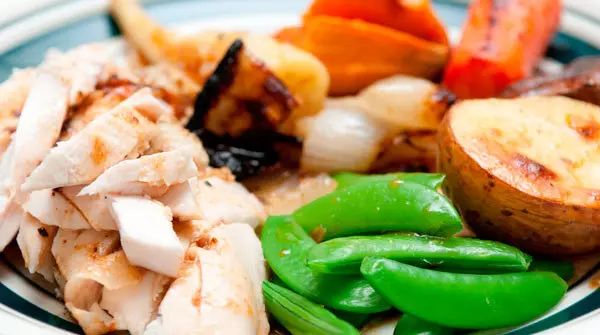

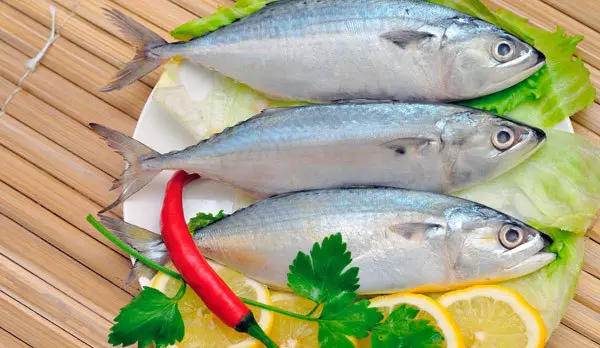

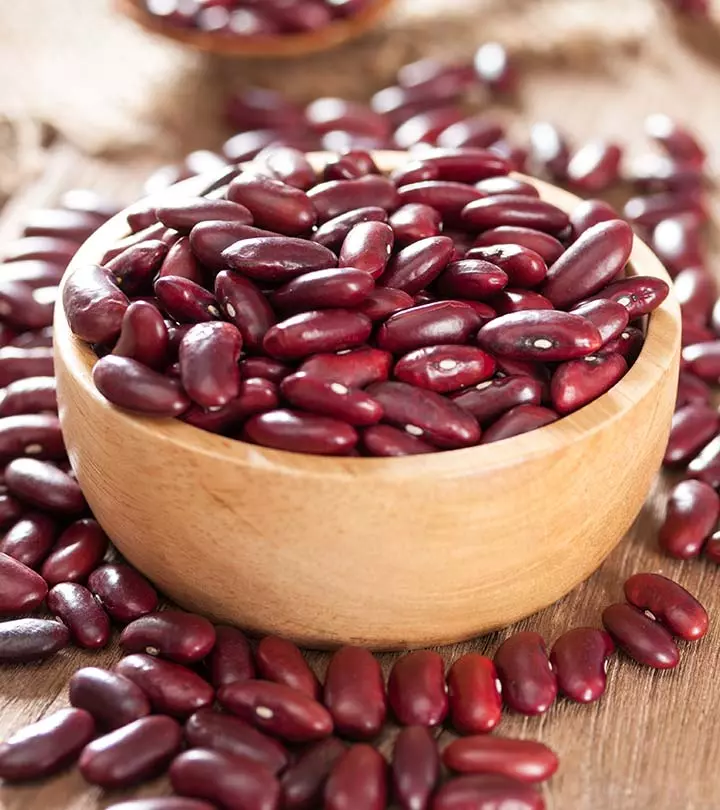


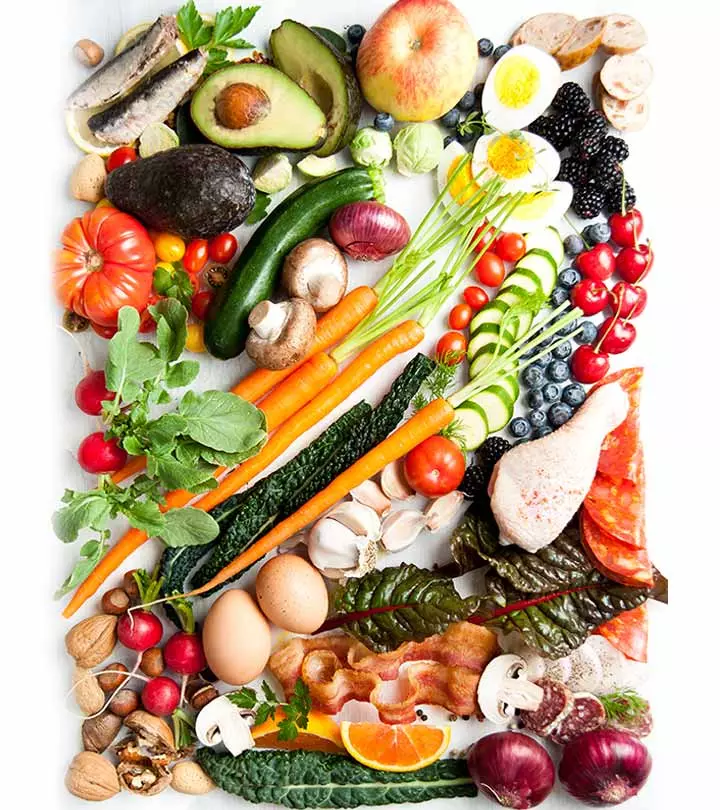
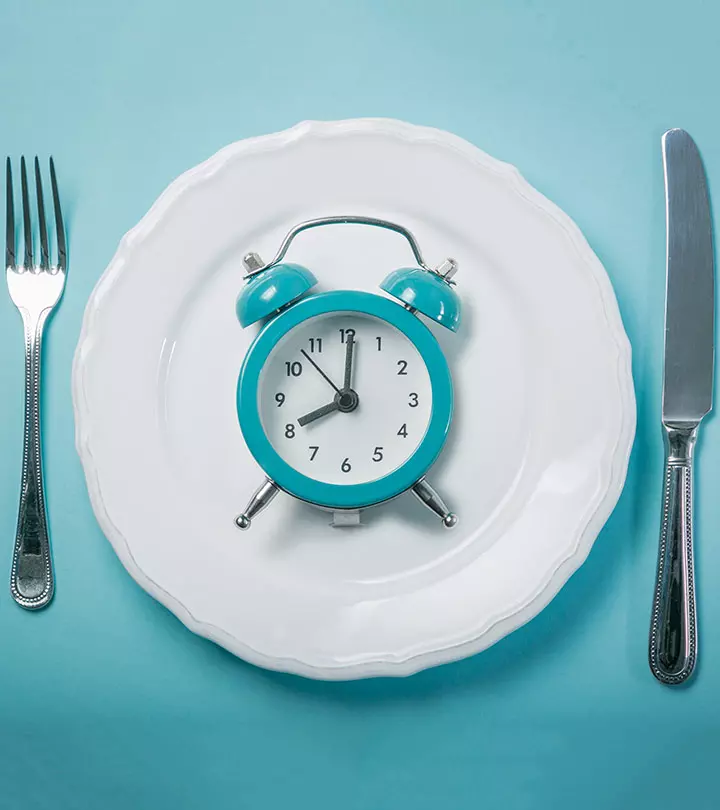



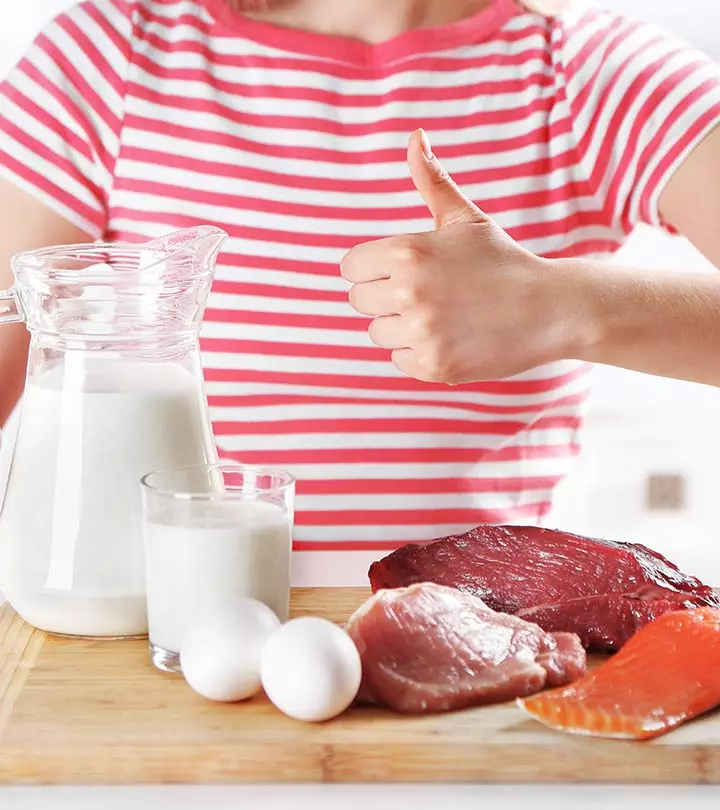
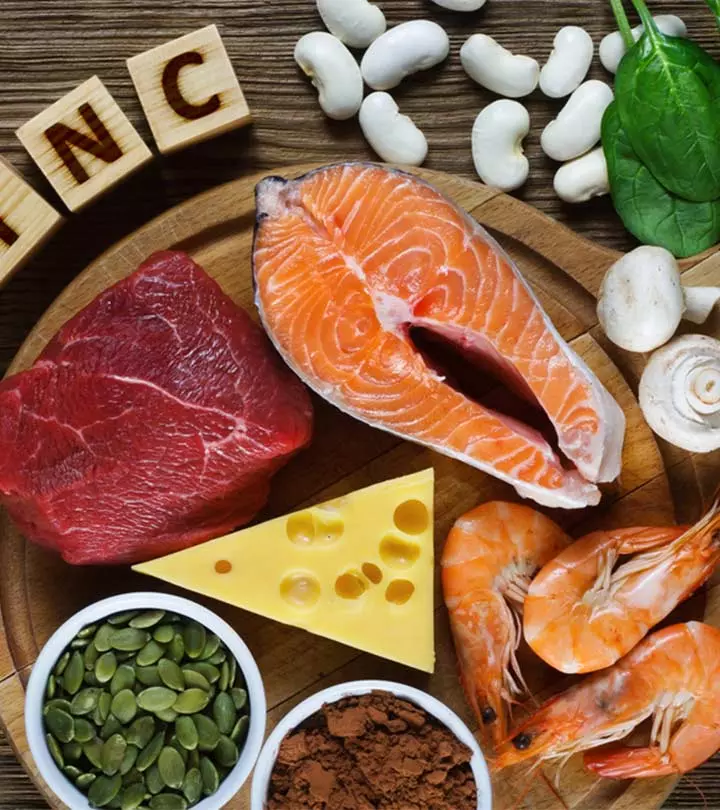
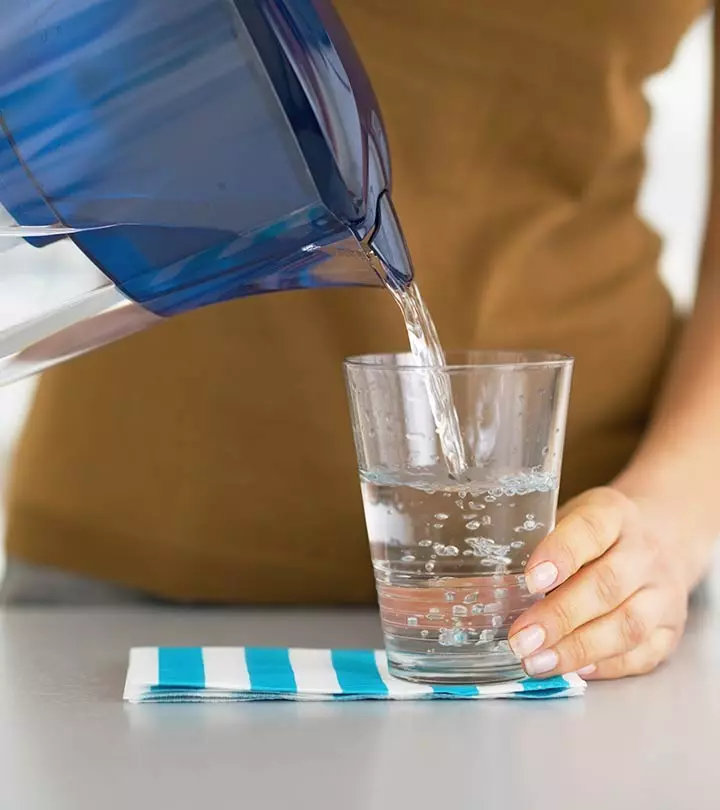
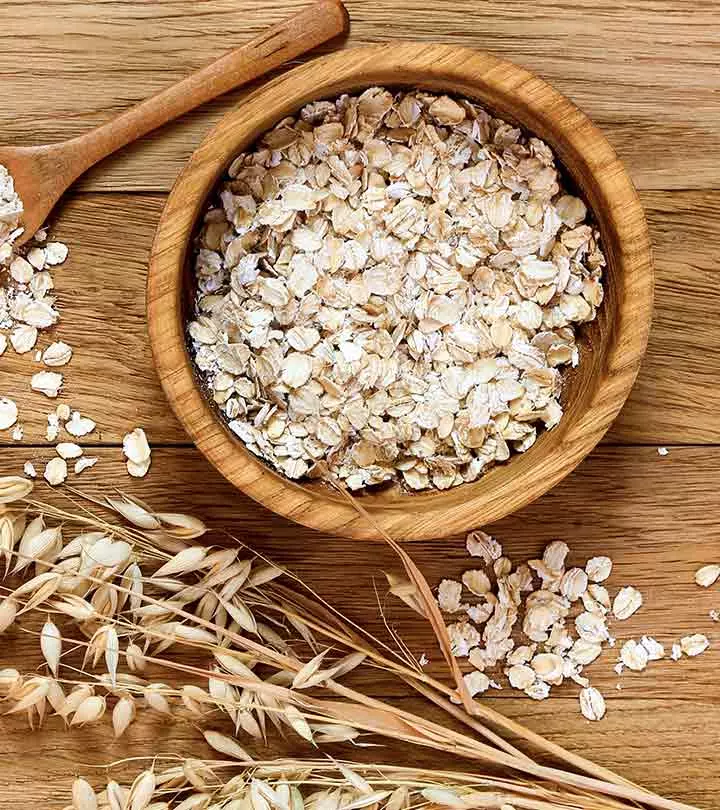
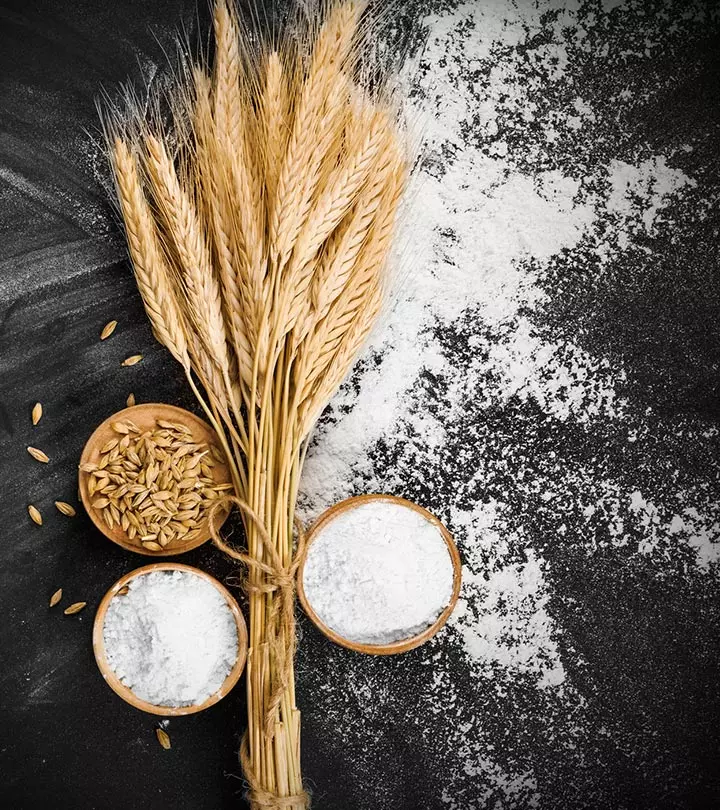
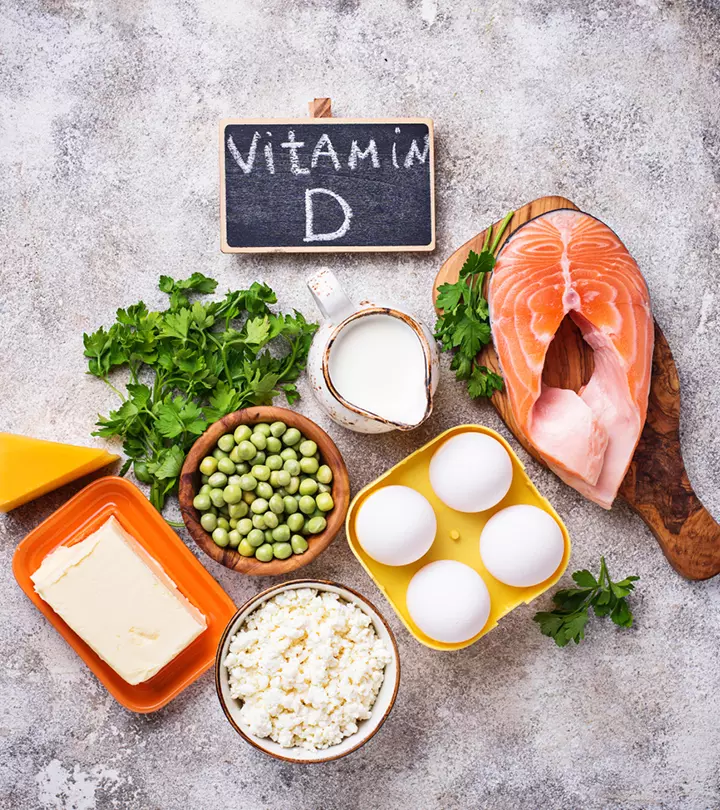
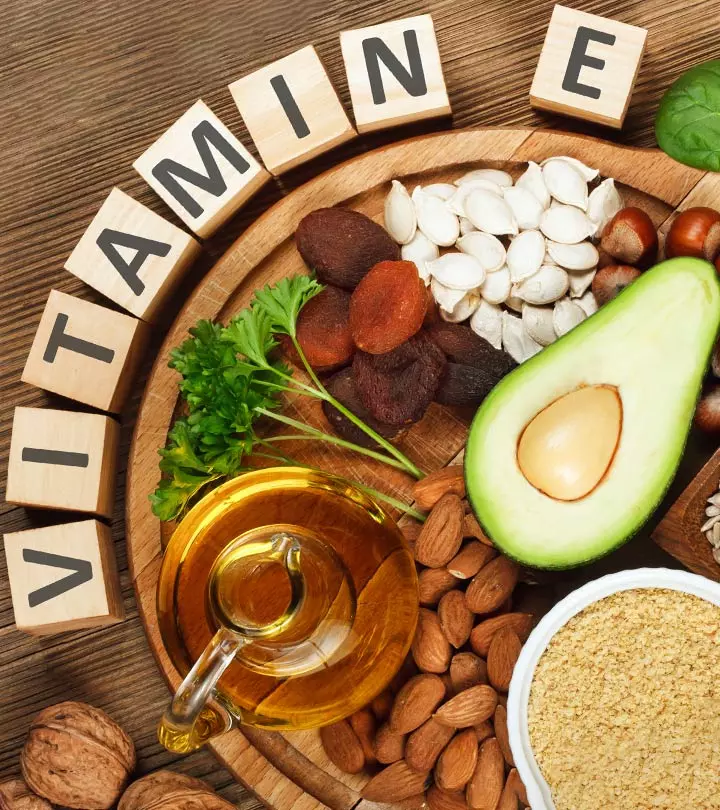
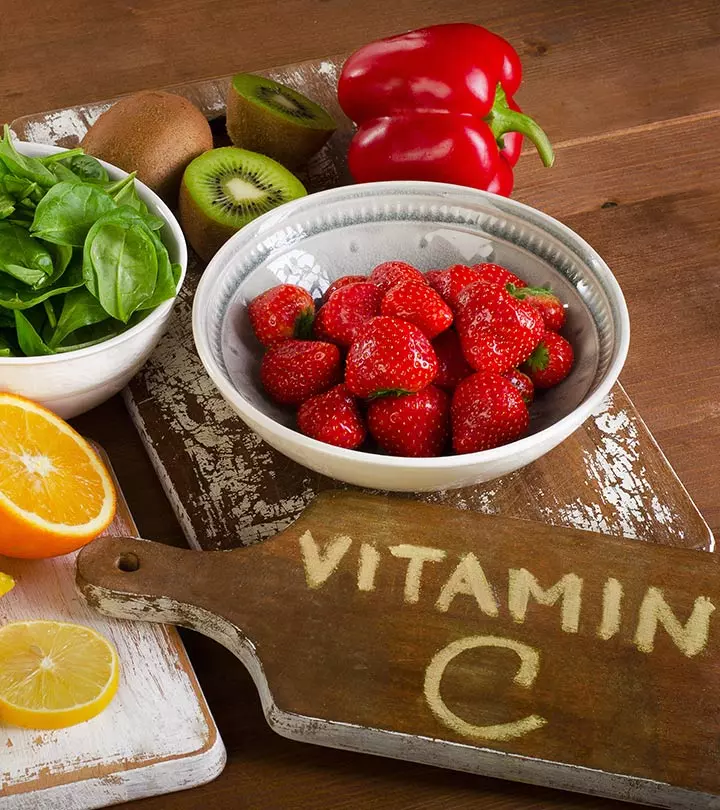

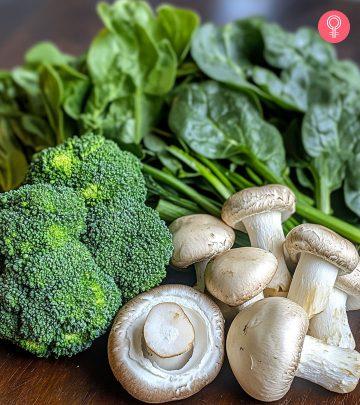
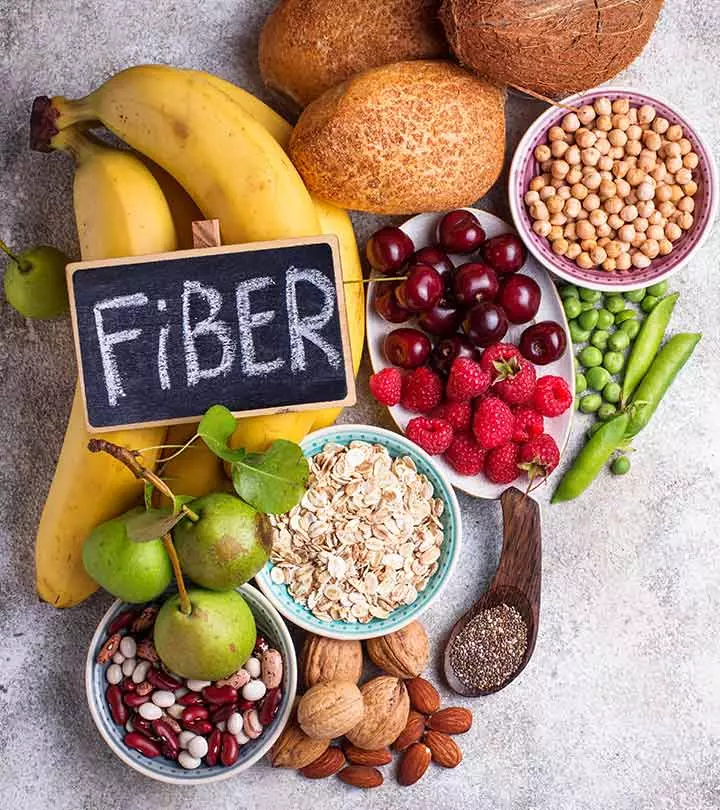
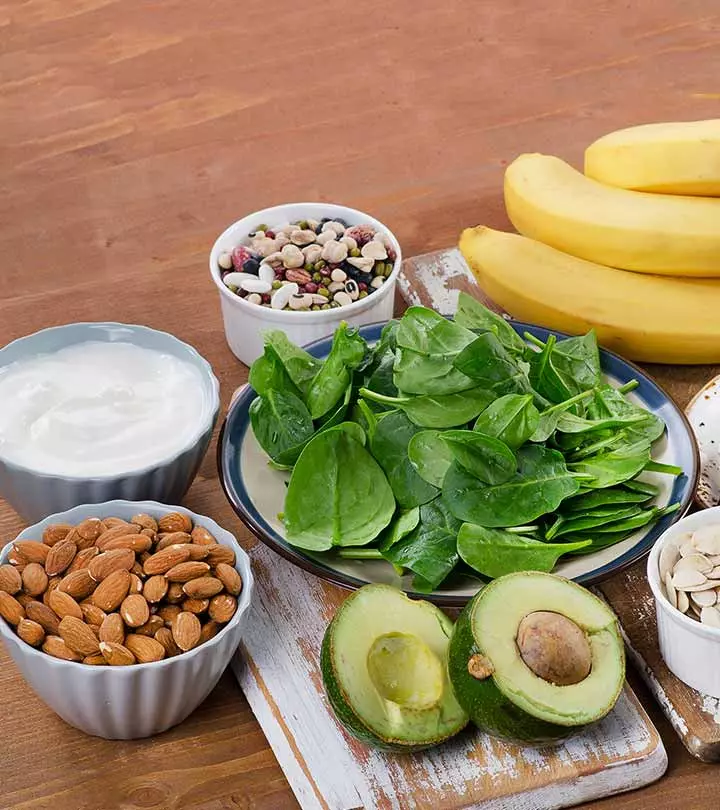
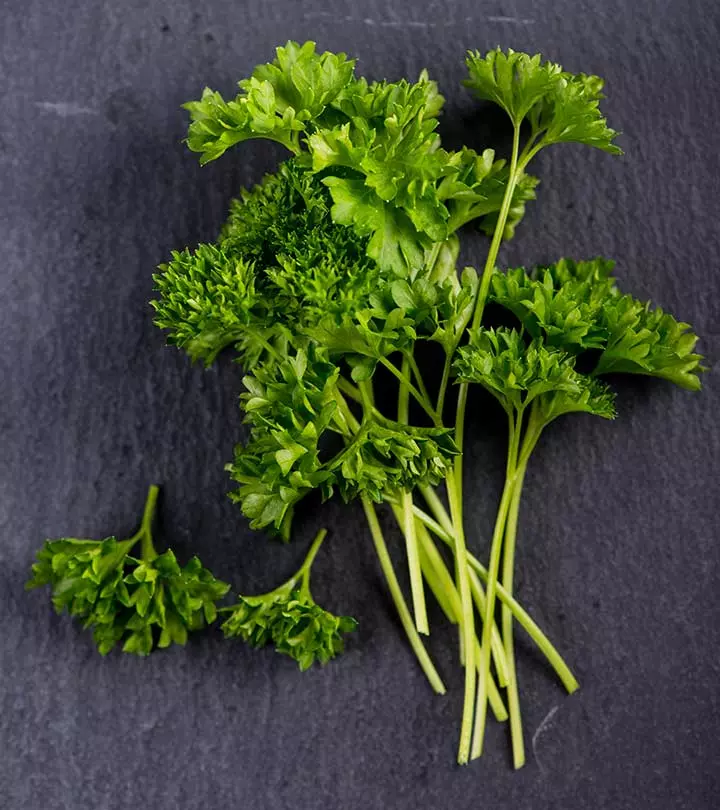
Community Experiences
Join the conversation and become a part of our empowering community! Share your stories, experiences, and insights to connect with other beauty, lifestyle, and health enthusiasts.